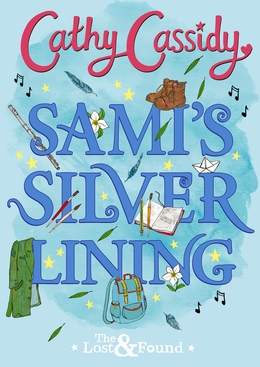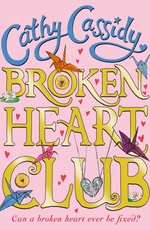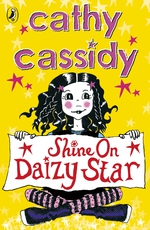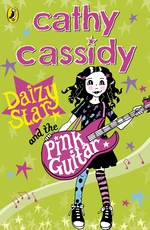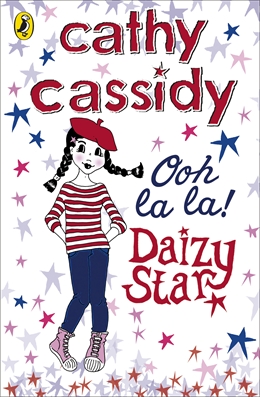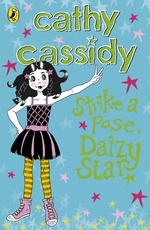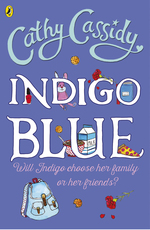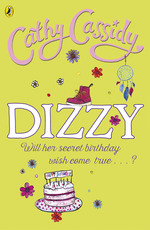Stay Safe Online
1. Steer clear of online sites which encourage anonymity, such as Ask.fm – they have been implicated in many bullying cases and make life far too easy for trolls and bullies. Don’t get involved with ‘like for looks’ posts where ‘friends’ can rate you out of ten, either… someone will end up hurt, and it may be you. It’s asking for trouble.
2. Respect age restrictions on social networks like Facebook and Twitter – they are there for a reason. If there are pages you really want to check out, ask a parent if you can use their account. Lots of mum/daughter teams use my FB fanpage!
3. Consider using an illustration or a pic of one of your pets rather than a photo.
4. Ask an adult to help you set strict security settings so that only friends can see your posts online.
5. Never post flirty/ sexy pictures – trust me, they will attract the wrong kind of attention.
6. Never accept friend requests from people you don’t know in real life… and don’t trust their profile pics. Some paedophiles set up fake accounts and pose as teenagers to prey on their victims.
7. Never, ever post your personal details like address, phone number or school online… you don’t know who might be reading. And don’t give this information out by message to people you do not know… it can be dangerous.
8. Never be pressured, bullied or cajoled into sending a revealing selfie or video to anyone, even if you do know and trust the person; situations change and the pic/video could fall into the wrong hands. If you wouldn’t be happy for your mum/ gran/ little sister to see it, DON’T post it online or message it to anyone.
9. If someone is bullying you online, try not to get involved in a slanging match or react online in any way; instead, tell a parent, block them, delete them from your friends list and report to the social networking site.
10. If cyber bullying persists, talk to ChildLine on 0800 1111 and get some expert help and support.

